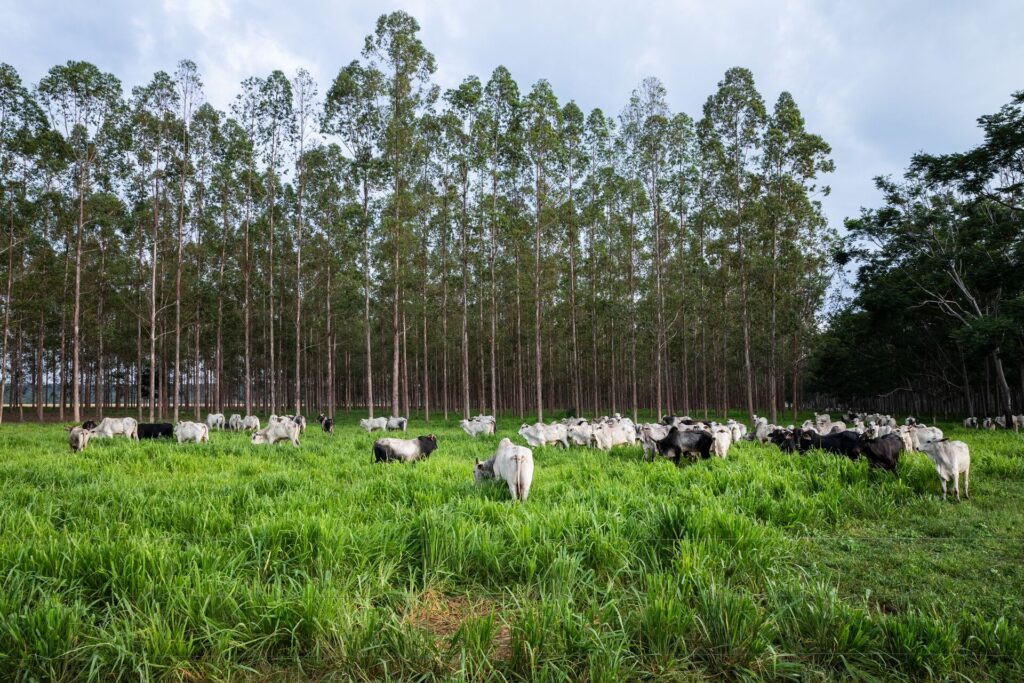
Can Brazil save the Amazon and produce enough beef to feed the world?
Restoring 40 million hectares of pasture could feed billions and ease pressure on the Amazon. Is the world paying attention?
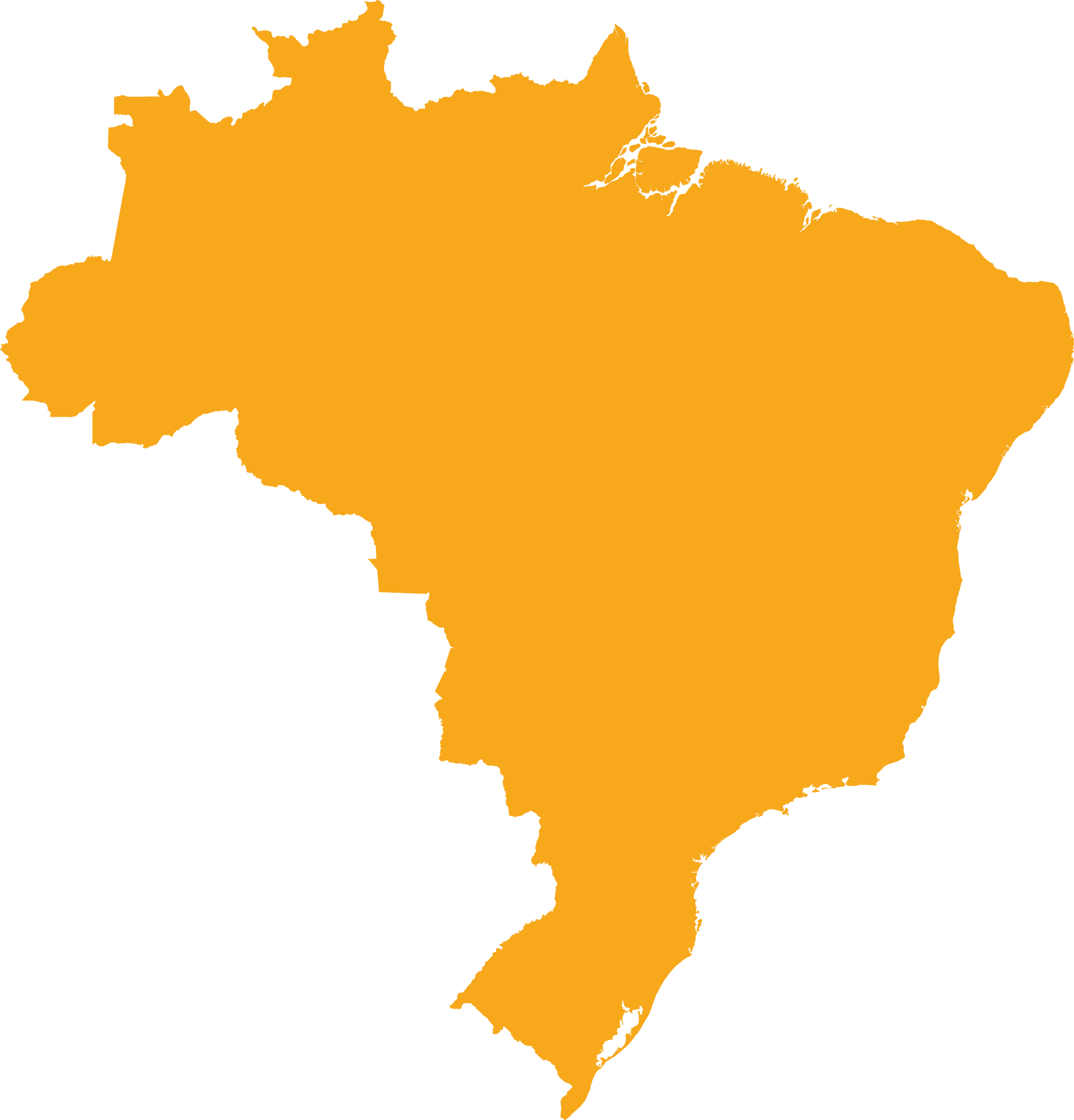
Beef cattle in Brazil
Hectares of pastureland
in Brazil in 2024
Brazil’s share of
global beef production
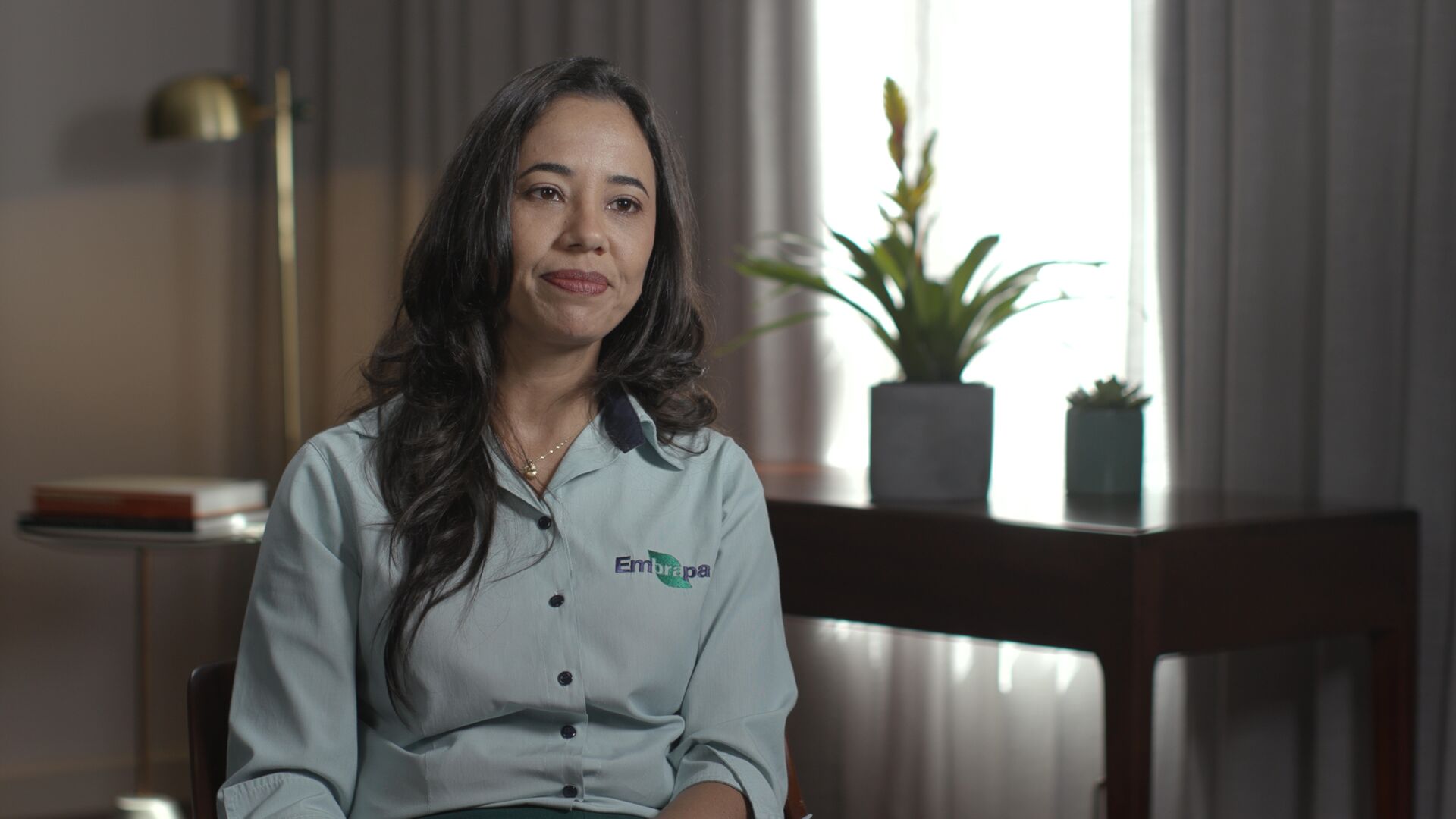
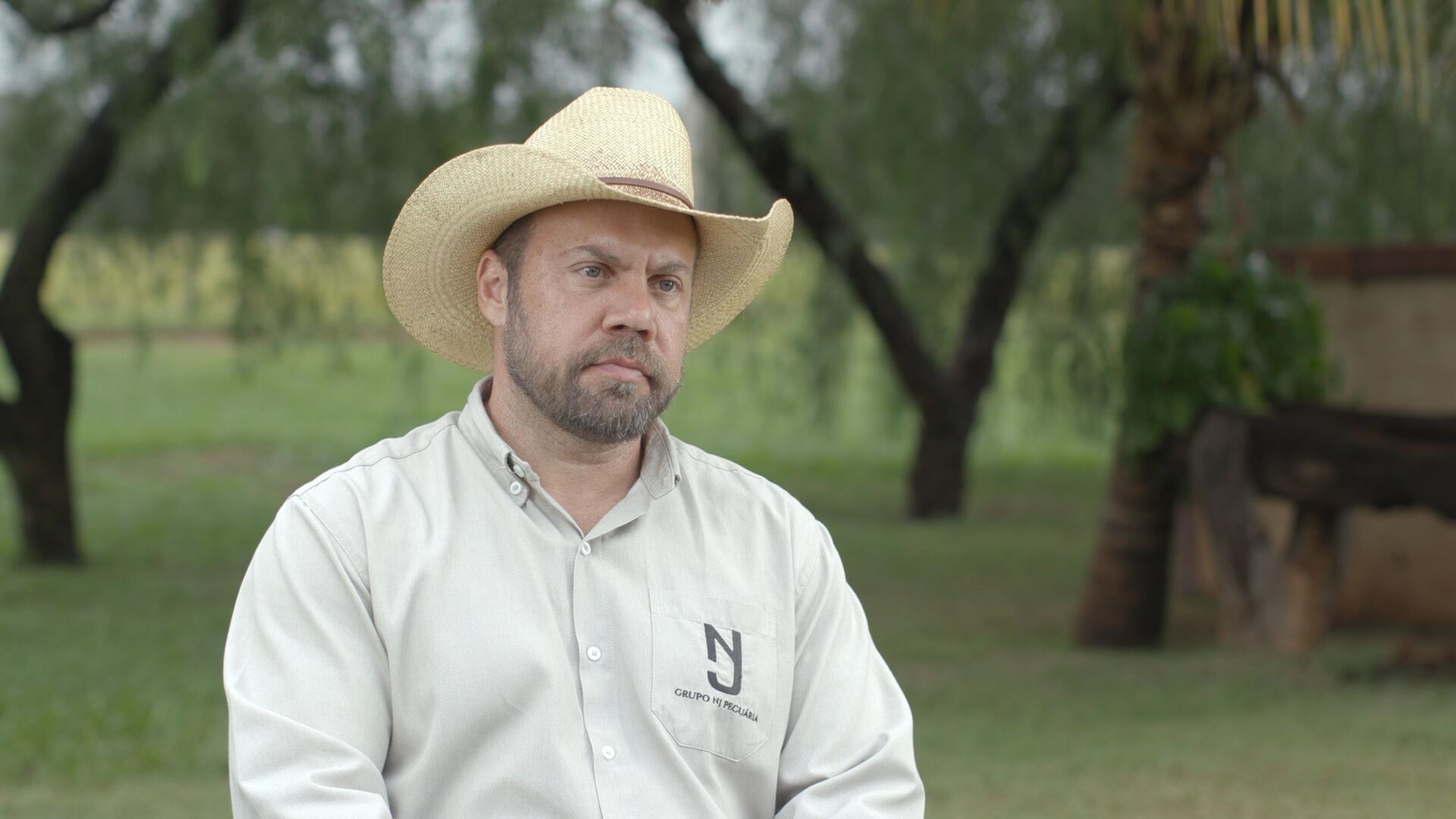
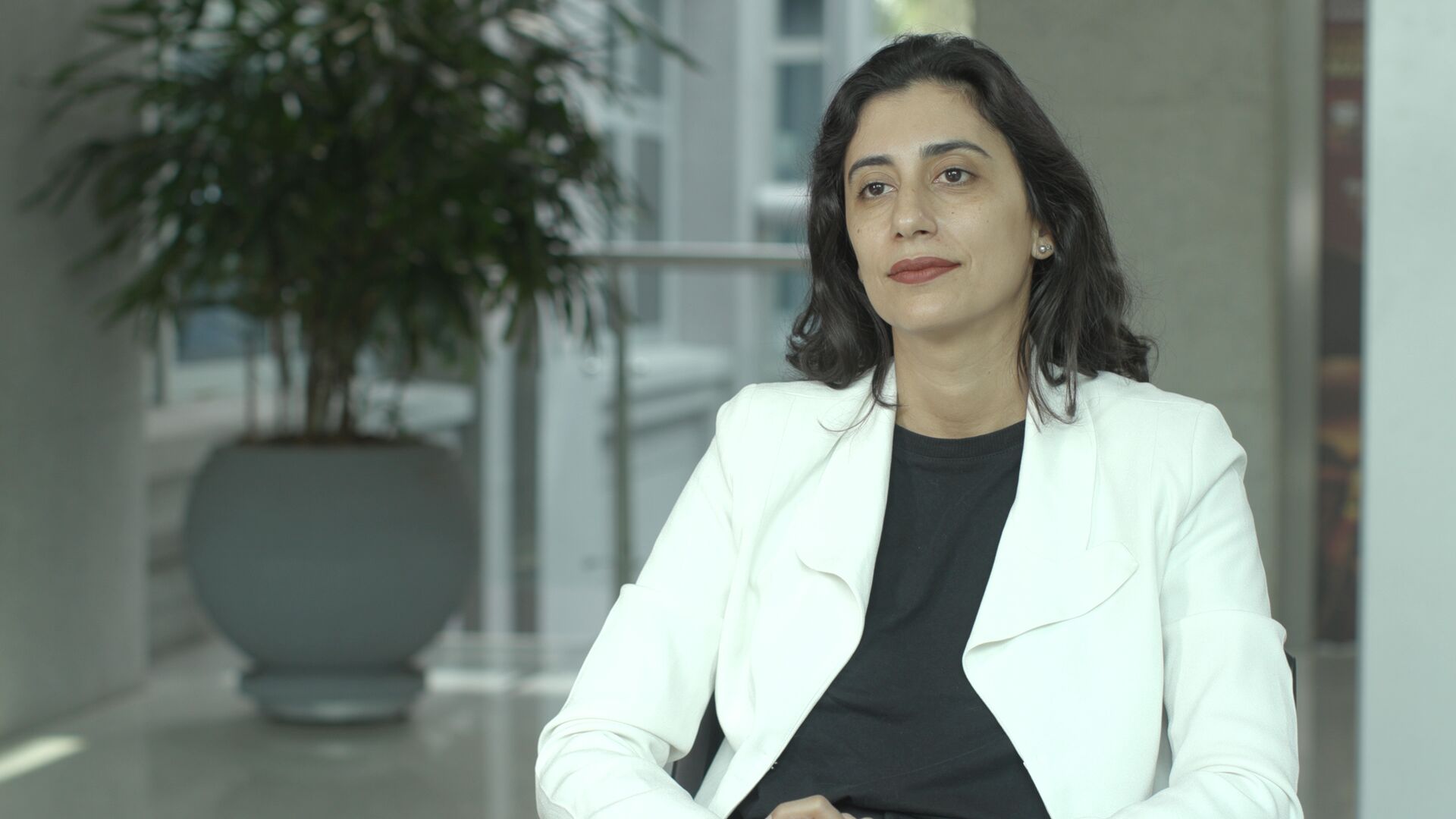
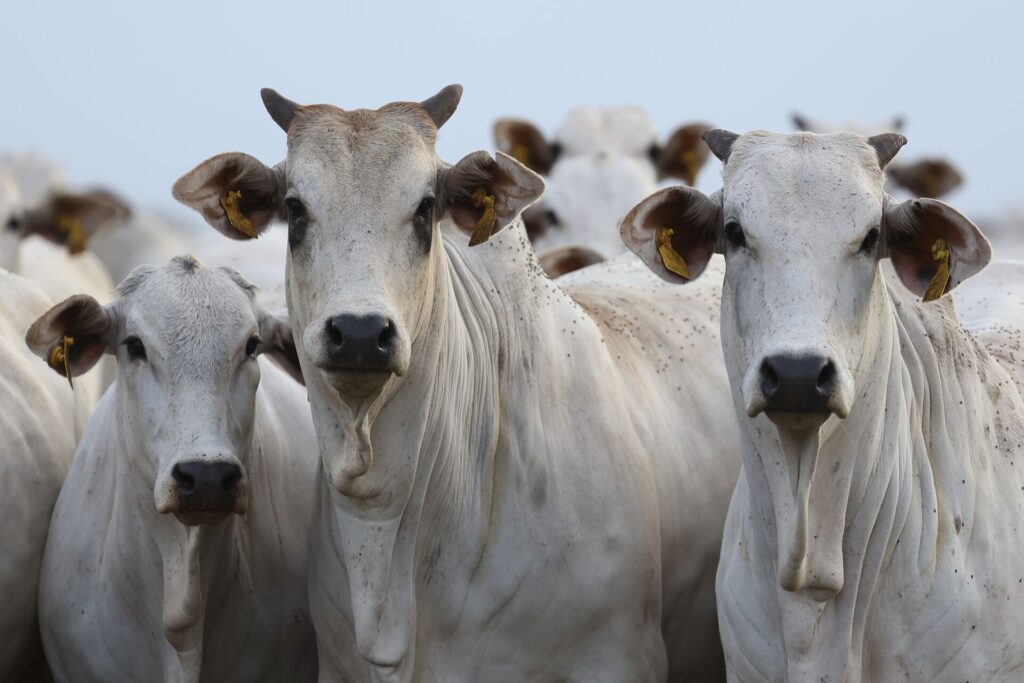
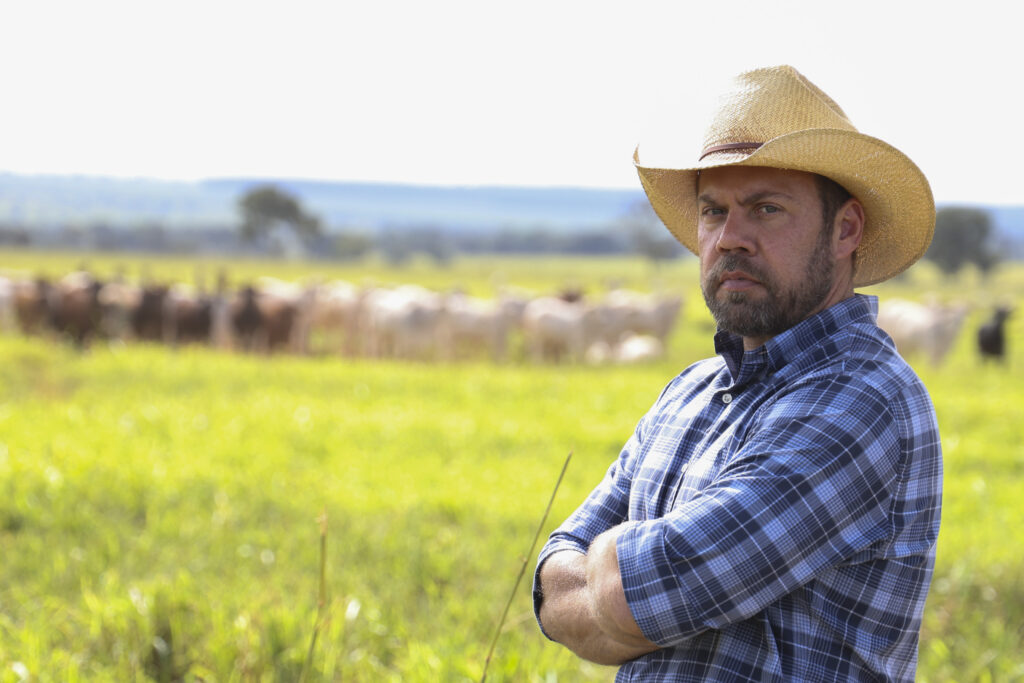

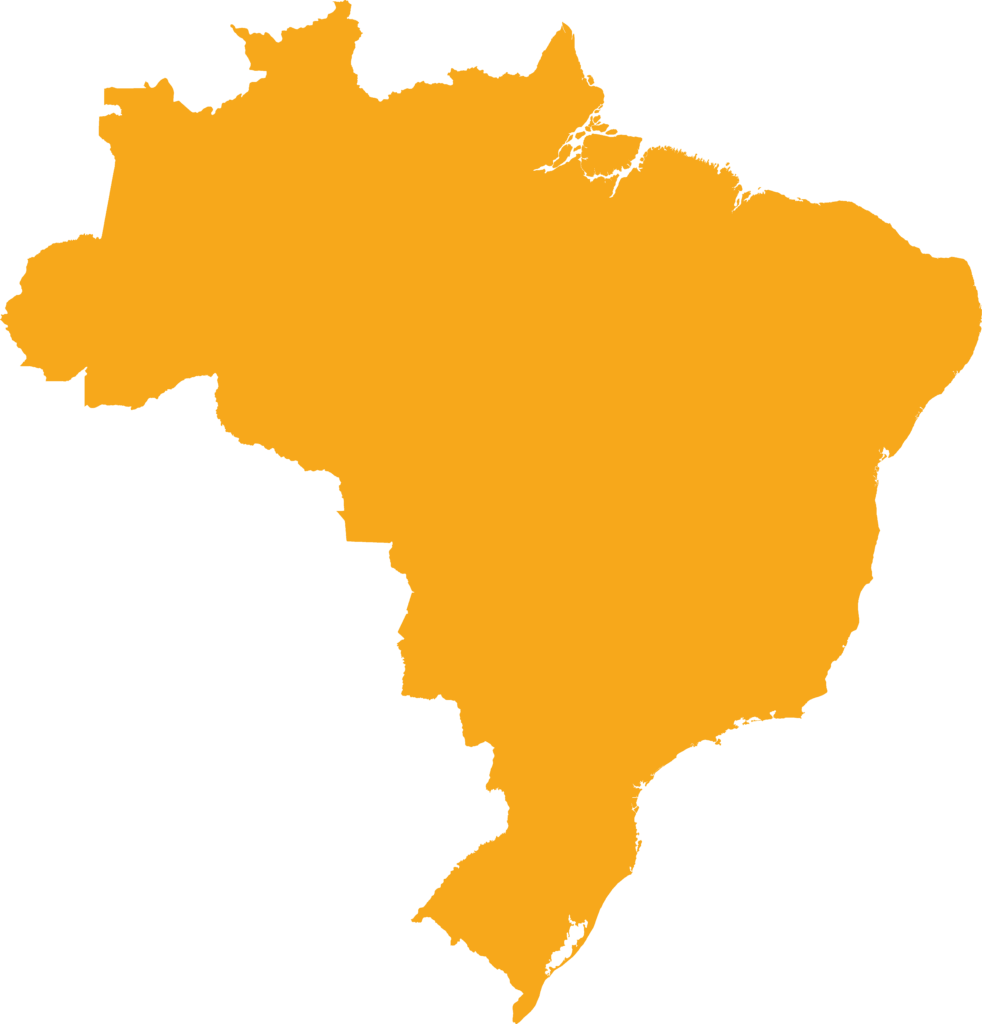
Download our fact sheets to learn more about the challenges and opportunities in Brazil and discover how Brazilian ranchers are using climate-smart practices to produce more beef on less land.
Sign up for World Without Cows updates to learn about our latest videos and companion content, find out about upcoming screenings and film festivals, and discover ways to get involved.
World Without Cows Brazil: The Battle for Balance is a companion mini-doc produced by the filmmakers of World Without Cows, a feature-length documentary that examines the cultural and economic significance of cows, their role in feeding the world and their impact on climate. Through interviews with farmers, ranchers, scientists and other experts, award-winning journalists Michelle Michael and Brandon Whitworth take viewers on a global journey to deepen their understanding of everything cows contribute and what the world might look like without them.
As the world’s top exporter of beef and home to 60% of the Amazon rainforest, few places matter more to our planet’s future than Brazil. Learn more about how cattle ranchers are balancing their dual role of nourishing the world and addressing climate change.

Restoring 40 million hectares of pasture could feed billions and ease pressure on the Amazon. Is the world paying attention?
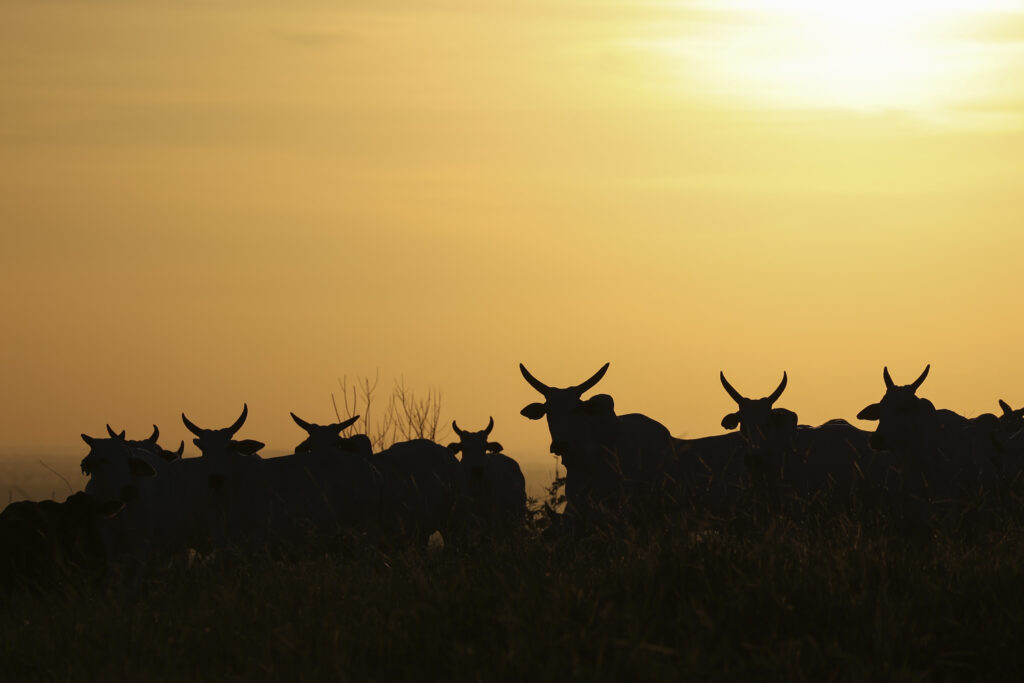
New mini-doc explores deforestation, food security and the Brazilian cattle sector’s path to a more sustainable future
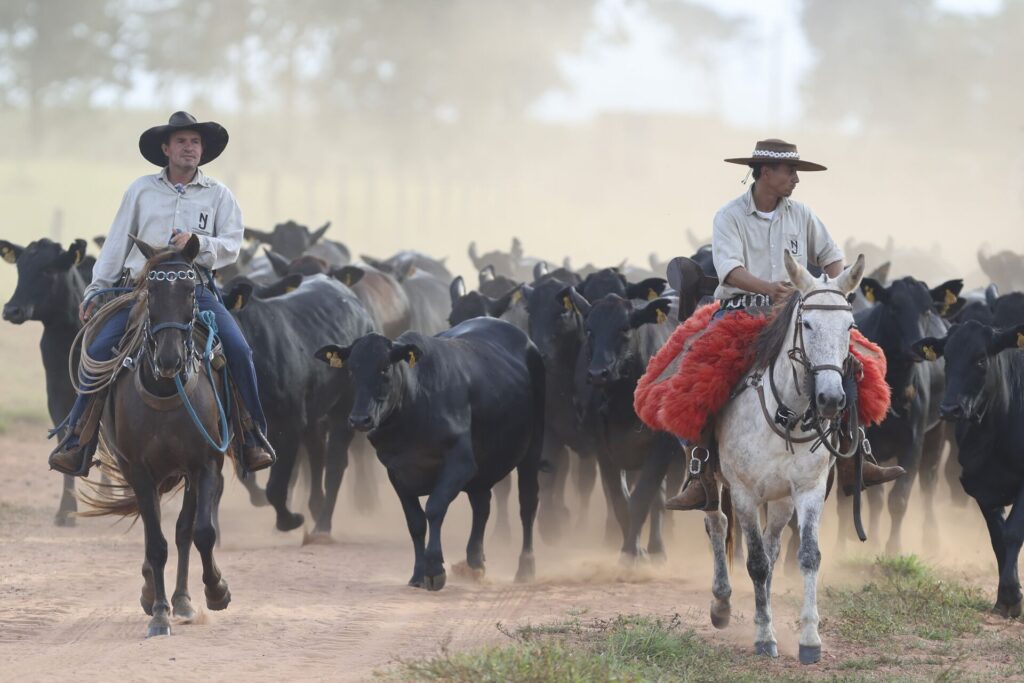
Mention Brazilian beef, and you’re likely to spark discussion about familiar themes: deforestation, emissions and blame. What do we find when we dig deeper? Here are the answers to five top questions about Brazil’s role in protecting the Amazon and feeding the world.